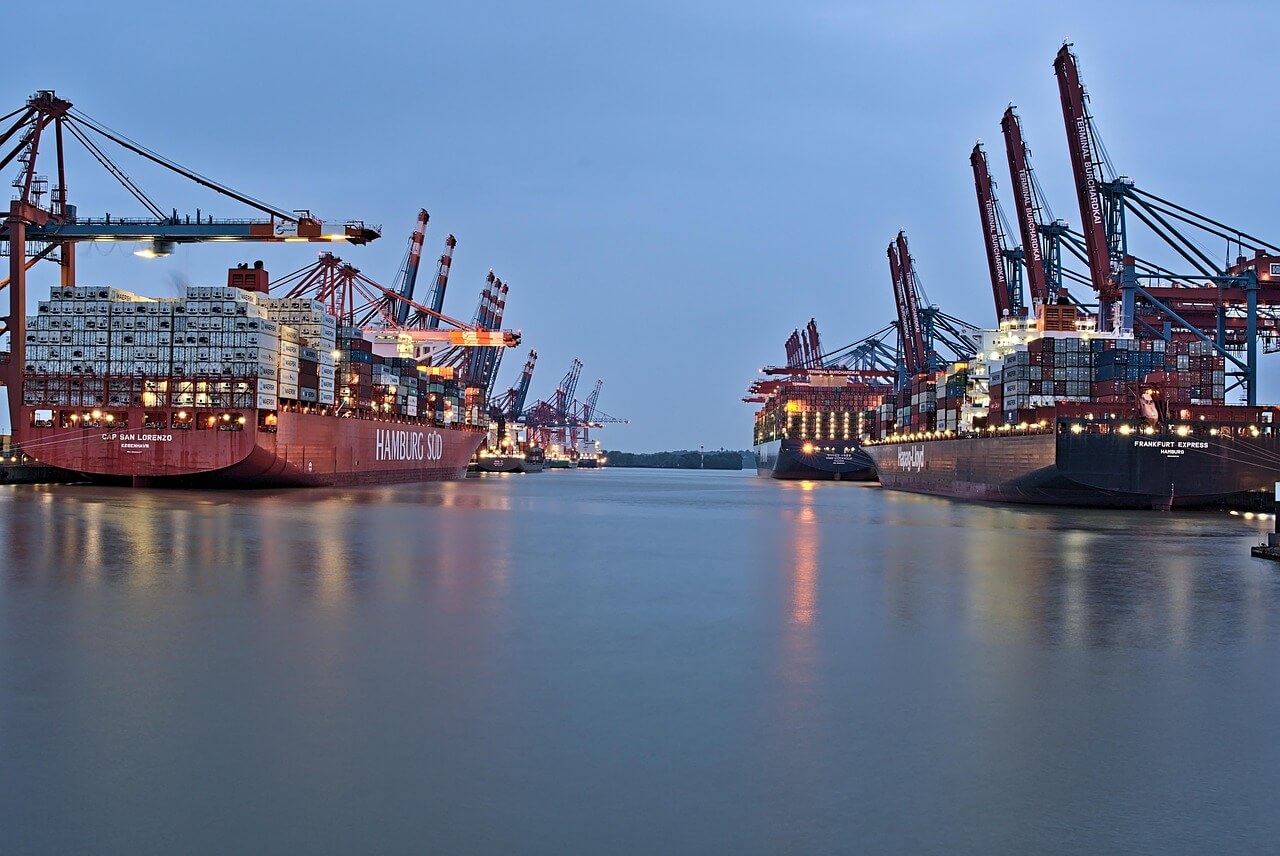
28
Apr
Freight forwarding import and export to Kenya, analysis of cost composition
Freight Forwarder Services for Imports and Exports to Kenya: An Analysis of Cost Composition
As businesses engage in international trade with Kenya, the role of freight forwarders becomes crucial in coordinating the movement of goods. This article provides an overview of the services offered by freight forwarders and the cost components involved in importing and exporting to Kenya.
Freight forwarders play a pivotal role in international logistics, handling the complexities of customs procedures, documentation, transportation, and warehousing. They facilitate the movement of goods from the point of production to the final destination, ensuring smooth import and export operations.
When importing or exporting goods to Kenya, freight forwarders charge for their services based on several factors, including the type of goods, volume, distance, and additional services provided. The cost composition mainly includes the following elements:
1. Transportation costs: This includes the cost of shipping goods from the origin to the port of Kenya, as well as inland transportation costs such as trucking and rail. Shipping costs are typically determined by the weight and cubic volume of the goods, as well as the distance traveled.
2. Customs clearance fees: Freight forwarders handle customs clearance procedures, including classification of goods, calculation of duties and taxes, and submission of necessary documents. Customs clearance fees cover the cost of these services.
3. Documentation fees: Preparation and submission of necessary export and import documents, such as invoices, contracts, certificates of origin, and shipping documents, are part of the freight forwarder's responsibilities. Documentation fees cover the cost of preparing and submitting these documents.
4. Handling and loading costs: Freight forwarders also charge for handling and loading services, including loading and unloading of goods at the port and transportation hubs, as well as storage and warehousing.
5. Insurance costs: To mitigate risks during transportation, freight forwarders offer insurance services for goods in transit. The cost of insurance is based on the value of the goods and the risks associated with the transportation route.
6. Additional services: Freight forwarders may also offer additional services such as container management, cargo tracking and tracing, and advice on customs regulations. These services are charged separately based on the requirements of the client.
It's important to note that freight forwarding costs may vary depending on the service provider, the nature of the goods, and the specific requirements of each shipment. Therefore, it's advisable for businesses to compare services and costs offered by different freight forwarders to find the most suitable option.
In conclusion, freight forwarders play a critical role in facilitating international trade with Kenya. Understanding the cost composition of their services is essential for businesses to budget accurately and ensure smooth import and export operations.
As businesses engage in international trade with Kenya, the role of freight forwarders becomes crucial in coordinating the movement of goods. This article provides an overview of the services offered by freight forwarders and the cost components involved in importing and exporting to Kenya.
Freight forwarders play a pivotal role in international logistics, handling the complexities of customs procedures, documentation, transportation, and warehousing. They facilitate the movement of goods from the point of production to the final destination, ensuring smooth import and export operations.
When importing or exporting goods to Kenya, freight forwarders charge for their services based on several factors, including the type of goods, volume, distance, and additional services provided. The cost composition mainly includes the following elements:
1. Transportation costs: This includes the cost of shipping goods from the origin to the port of Kenya, as well as inland transportation costs such as trucking and rail. Shipping costs are typically determined by the weight and cubic volume of the goods, as well as the distance traveled.
2. Customs clearance fees: Freight forwarders handle customs clearance procedures, including classification of goods, calculation of duties and taxes, and submission of necessary documents. Customs clearance fees cover the cost of these services.
3. Documentation fees: Preparation and submission of necessary export and import documents, such as invoices, contracts, certificates of origin, and shipping documents, are part of the freight forwarder's responsibilities. Documentation fees cover the cost of preparing and submitting these documents.
4. Handling and loading costs: Freight forwarders also charge for handling and loading services, including loading and unloading of goods at the port and transportation hubs, as well as storage and warehousing.
5. Insurance costs: To mitigate risks during transportation, freight forwarders offer insurance services for goods in transit. The cost of insurance is based on the value of the goods and the risks associated with the transportation route.
6. Additional services: Freight forwarders may also offer additional services such as container management, cargo tracking and tracing, and advice on customs regulations. These services are charged separately based on the requirements of the client.
It's important to note that freight forwarding costs may vary depending on the service provider, the nature of the goods, and the specific requirements of each shipment. Therefore, it's advisable for businesses to compare services and costs offered by different freight forwarders to find the most suitable option.
In conclusion, freight forwarders play a critical role in facilitating international trade with Kenya. Understanding the cost composition of their services is essential for businesses to budget accurately and ensure smooth import and export operations.
LEAVE YOUR COMMENT
categories
recentpost
-
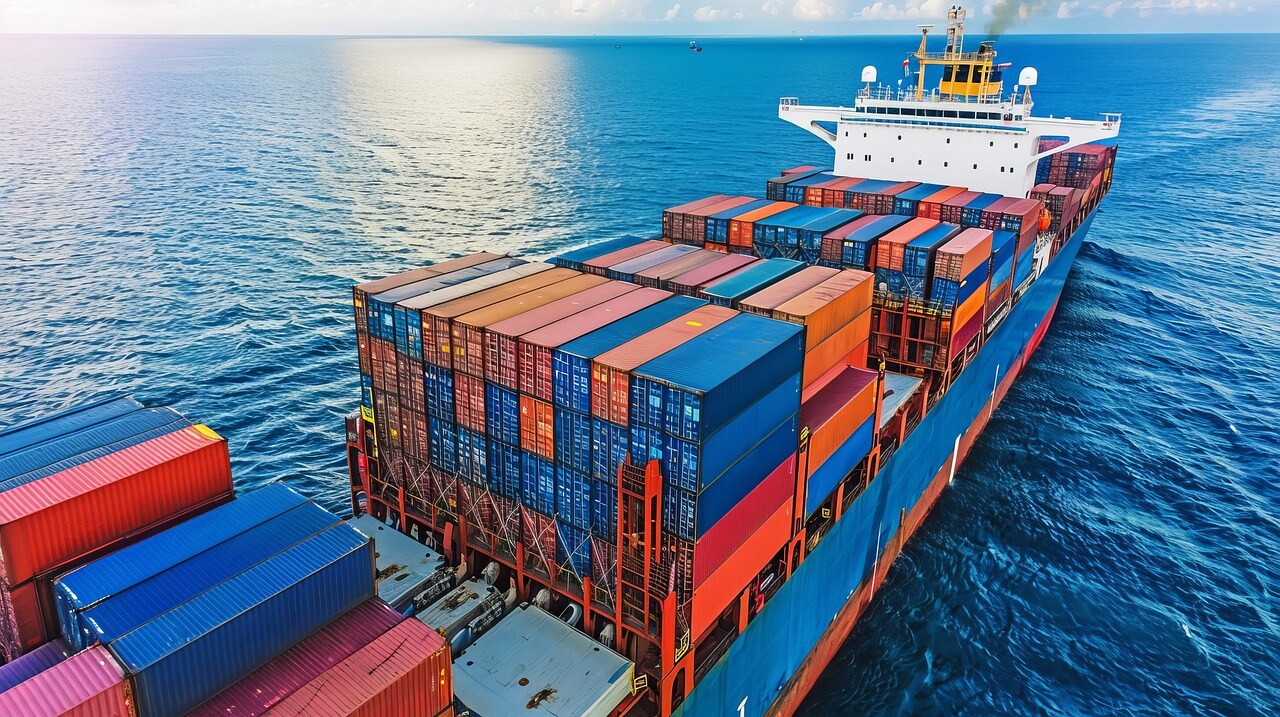 How can freight forwarders achieve efficient logistics and shipping from China to Tanzania?Apr 30,2025
How can freight forwarders achieve efficient logistics and shipping from China to Tanzania?Apr 30,2025 -
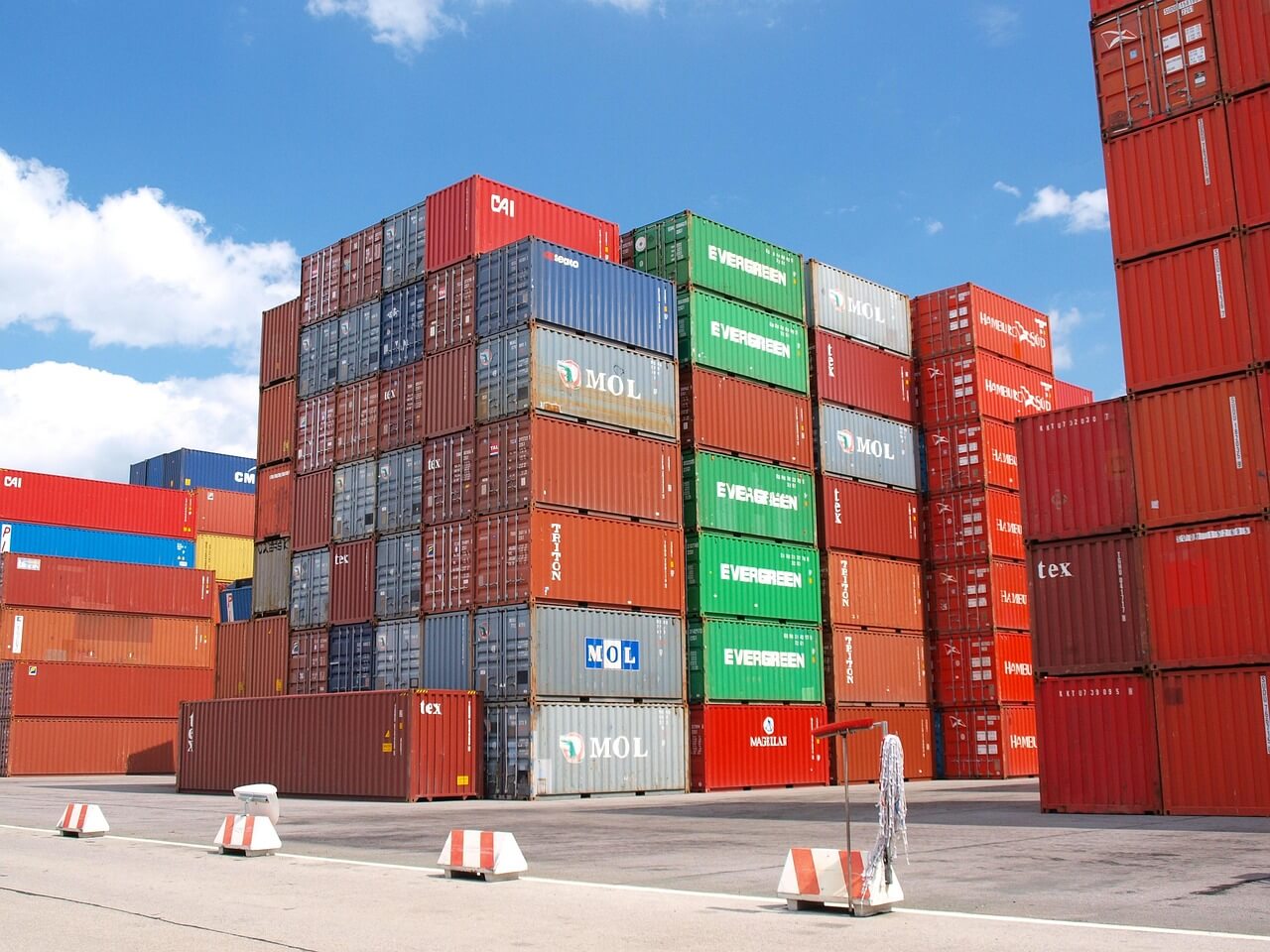 What are the guarantee measures for transportation and transaction services from China to the UnitedApr 30,2025
What are the guarantee measures for transportation and transaction services from China to the UnitedApr 30,2025 -
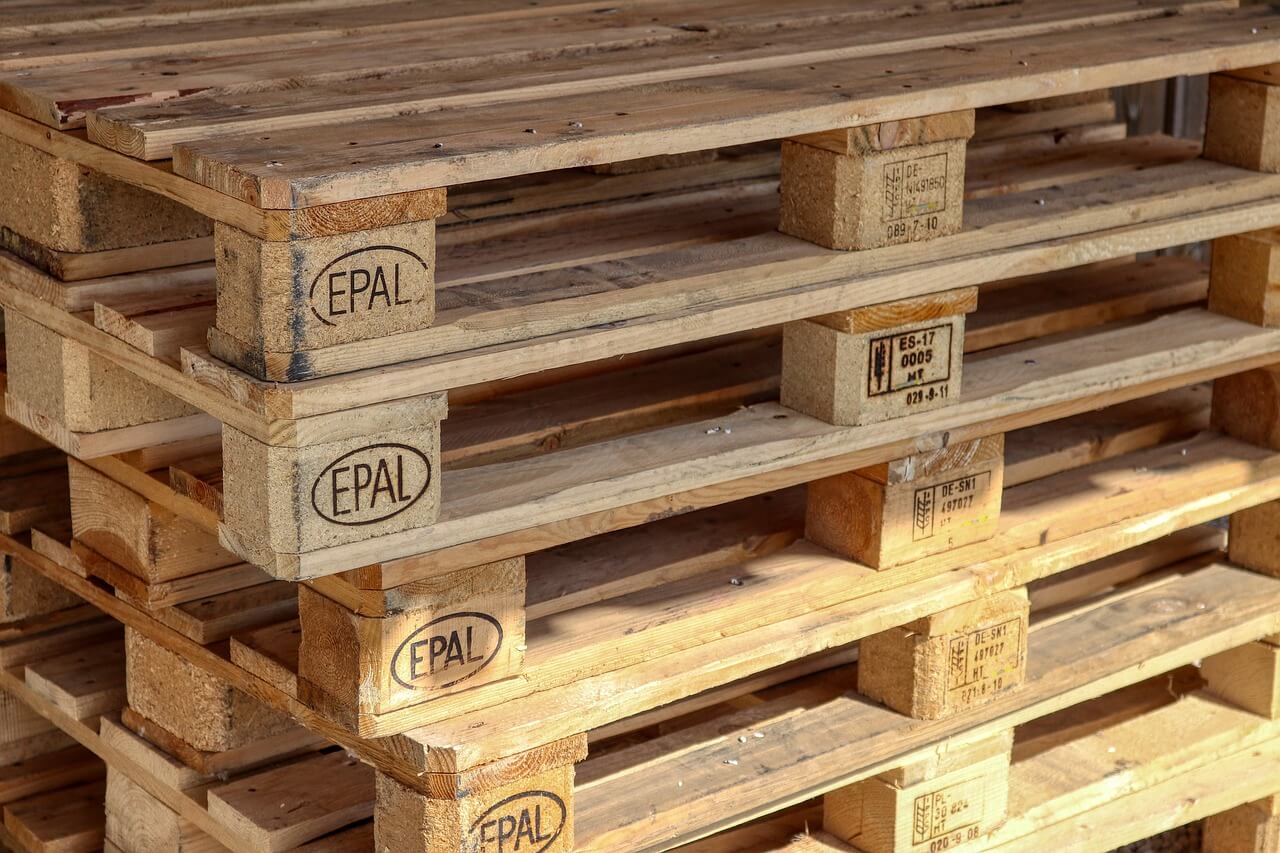 How is the international freight delivery service for transporting goods to Saudi Arabia?Apr 30,2025
How is the international freight delivery service for transporting goods to Saudi Arabia?Apr 30,2025 -
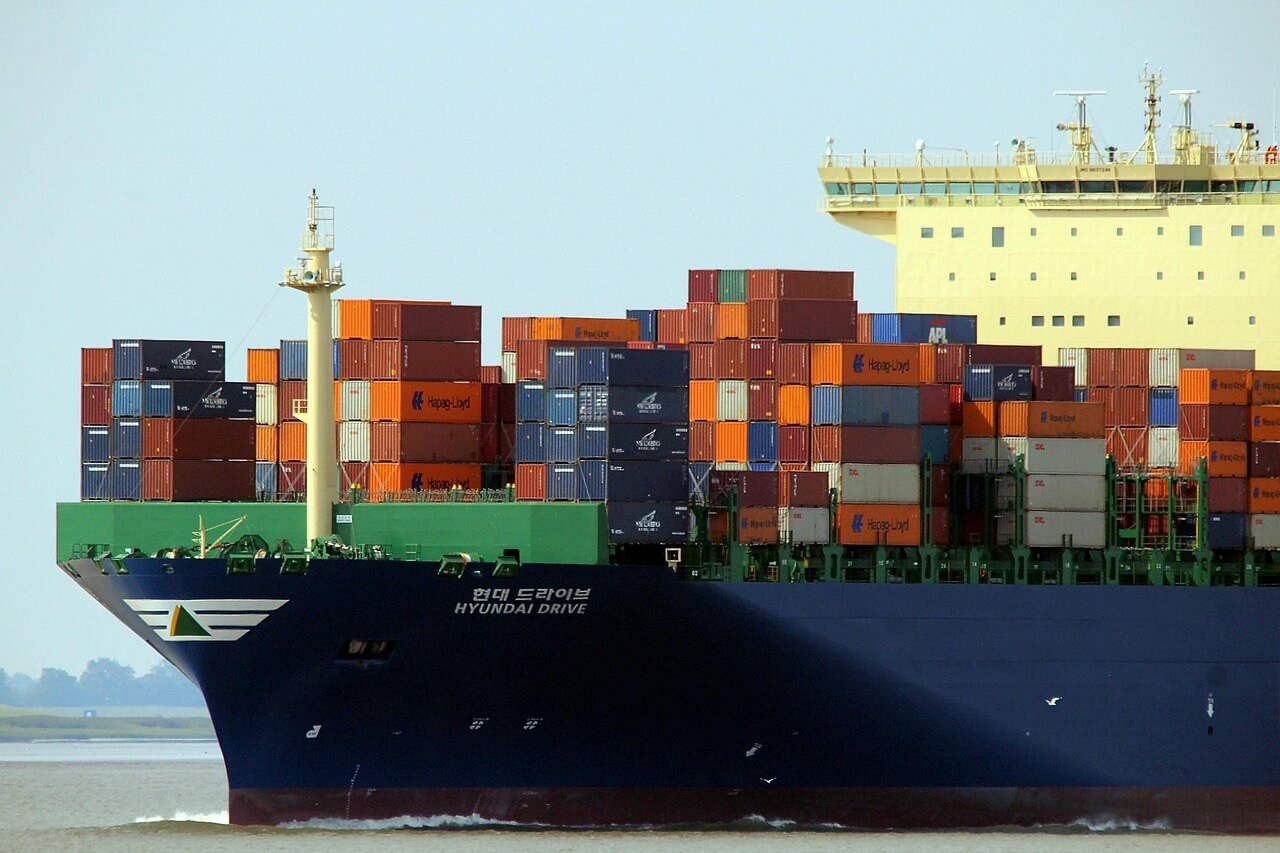 What is the delivery time for international freight from China to Kenya?Apr 30,2025
What is the delivery time for international freight from China to Kenya?Apr 30,2025 -
 What is the customs clearance process for global land transportation from China to the United Arab EApr 30,2025
What is the customs clearance process for global land transportation from China to the United Arab EApr 30,2025 -
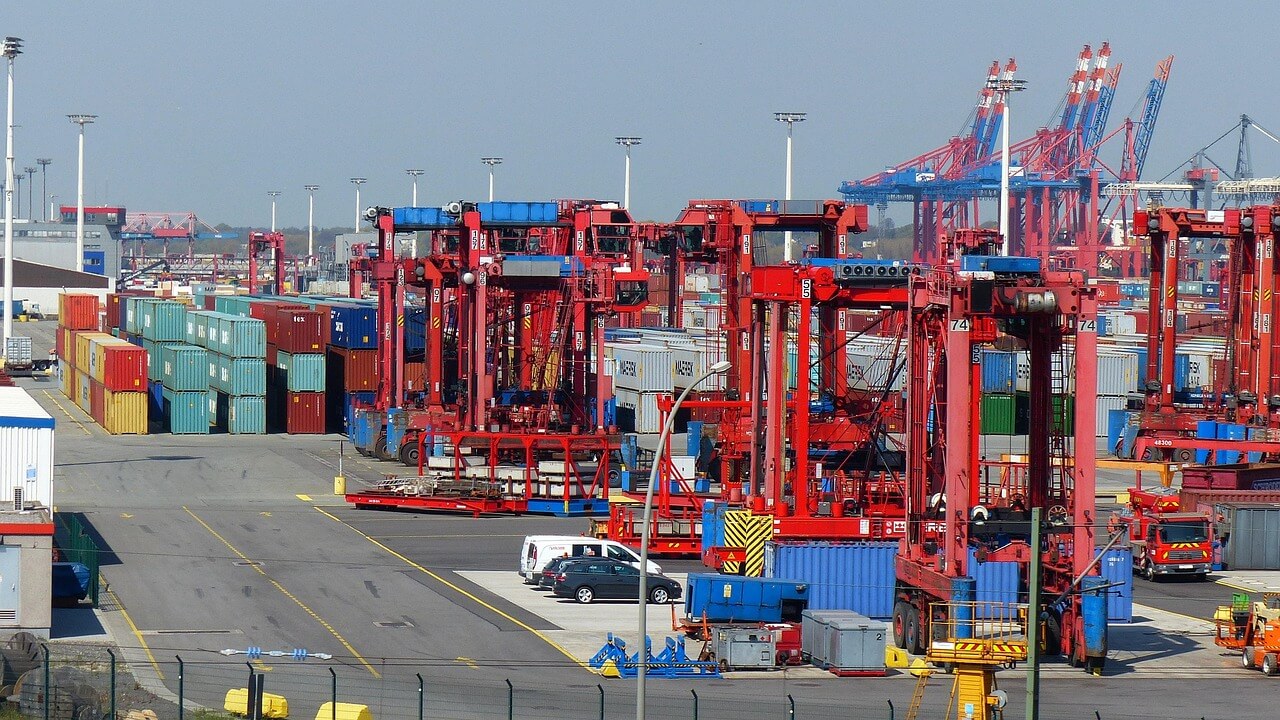 Shipping Guide from China to Qatar: How to Calculate LCL Shipping Cost?Apr 30,2025
Shipping Guide from China to Qatar: How to Calculate LCL Shipping Cost?Apr 30,2025

